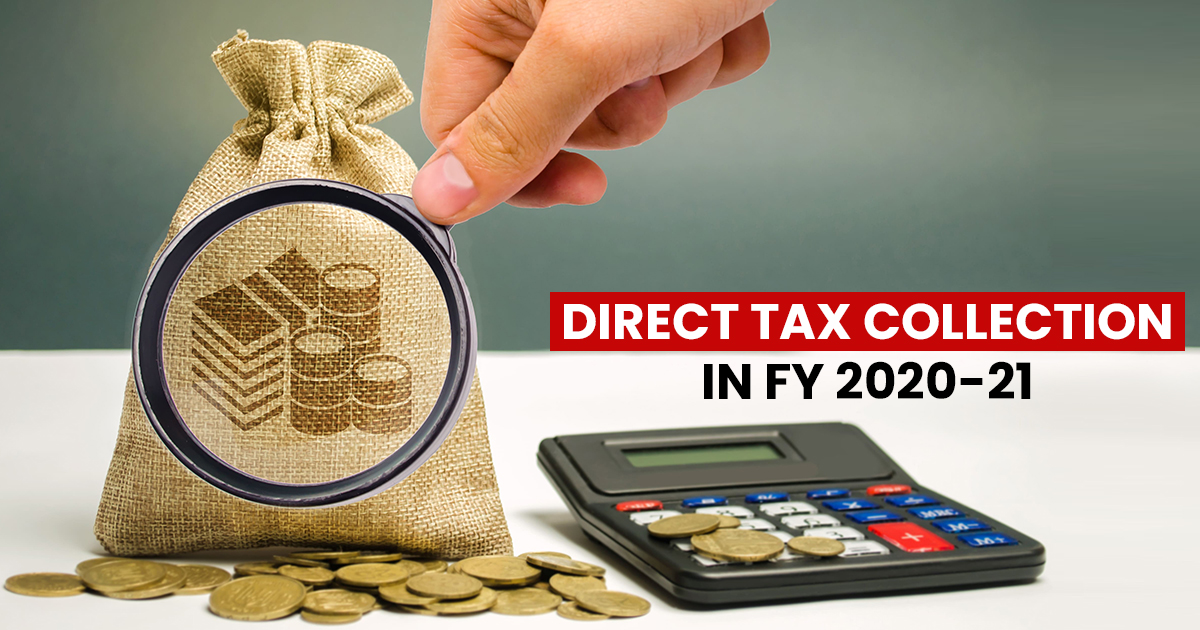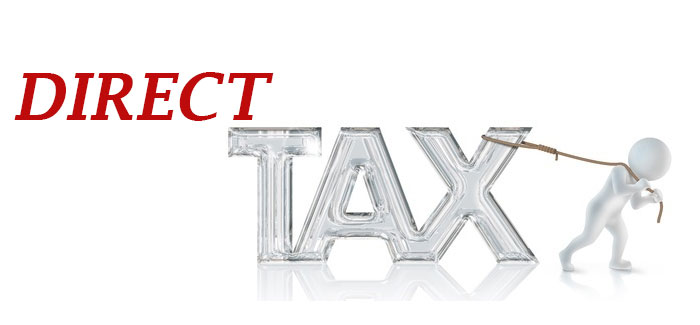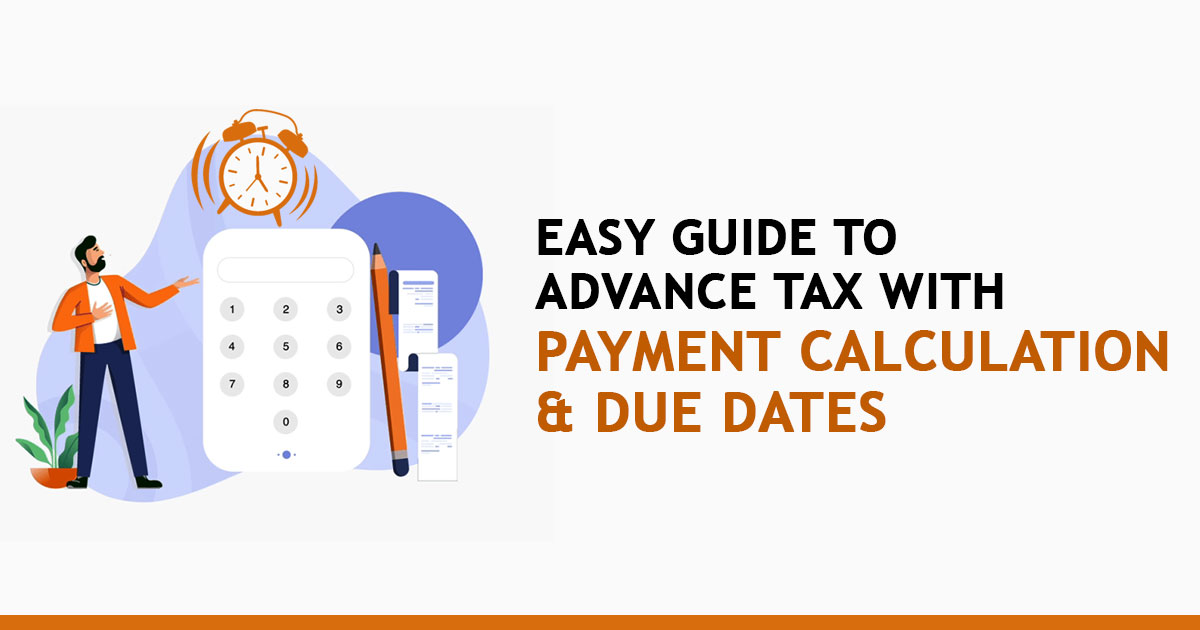Revenue from direct tax collection, amidst fiscal stress provided relief to the government. It is moving nearby to the amended Budget target for 2020-21 and might receive a stimulus from the final installment of the payment of advance tax. Its deadline ended on Monday.

The revenue from net direct tax declined to 5 percent year-on-year (on March 15, 2021)as compared to a 9 percent fall witnessed in January 2021. In absolute figures, revenue generation from direct taxes 
This simply indicates that the Central Board of Direct Taxes (CBDT) needs an amount of Rs 84,700 crore to attain the amended budget target of Rs 9.05 trillion. Due to the COVID-19 pandemic, the targeted direct tax collection for FY21 experienced a remarkable fall from Rs 13.19 trillion estimated earlier due to the economic impact of the pandemic.
Coming to the collection of Advance tax 
“Although a substantial sum of advance tax payment comes through private banks, the strike by PSBs definitely has a bearing on the advance tax collection numbers. The number is expected to go up substantially over the next few days as we get final figures from public sector banks. In fact, we have learned of several people facing difficulties in depositing the tax,” said a government official.
However, robust (strong and healthy) tax deduction at source (TDS) supported the overall direct tax mop-up with Mumbai and Bengaluru achieving good growth. Moreover, in December, the fall in the revenue from advance tax collection had reduced to 6% in the month of December.
“Achieving the full year’s revised budget target will be possible this year. TDS collection has picked up significantly. Besides, payments under “Vivad se Vishwas” are expected, providing additional cushion,” said a government official.
Gross collection of revenue was down by a mere 2% due to 14% growth in refunds compared to last year. The gross collection reached INR 10.22 trillion on Monday as compared to INR 10.44 trillion last year. However, Refunds boosted to INR 2.02 trillion as against the figure of INR 1.78 trillion last year. Advance tax collection (in the top 10 cities as of Monday evening) stood at Rs 3.41 trillion with a decline ranging between 8 percent and 51 percent.
The top four major cities of the country — Mumbai, Delhi, Bengaluru, and Chennai — reported a decline of 8%, 21%, 14%, and 18%, respectively. In addition, Mumbai and Bengaluru are the only 2 jurisdictions that witnessed a direct tax-mop up at 0.2 percent and 11 percent respectively.
Coming to Advance tax (that indicates economic sentiment ), the first installment has to be paid by June 15 (15 percent), the second installment by September 15 (30 percent), the third installment by December 15 (30 percent), and the remaining 25 percent by March 15.
If we break-up the revenue from direct tax collection, 45% is received from the advance tax, 20% is received from self-assessment and recovery. The remaining 35 percent from tax deducted at source. Furthermore, the government’s flagship Vivad se Vishwas scheme 
Moving to the resolution of tax disputes, an amount of Rs 54,346 crore has been allocated for the aforesaid purpose of resolving tax disputes that are worth Rs 98,328 crore till March 1 under the scheme. To resolve tax litigation, nearly 128,733 declarations have been filed during the above-mentioned period.